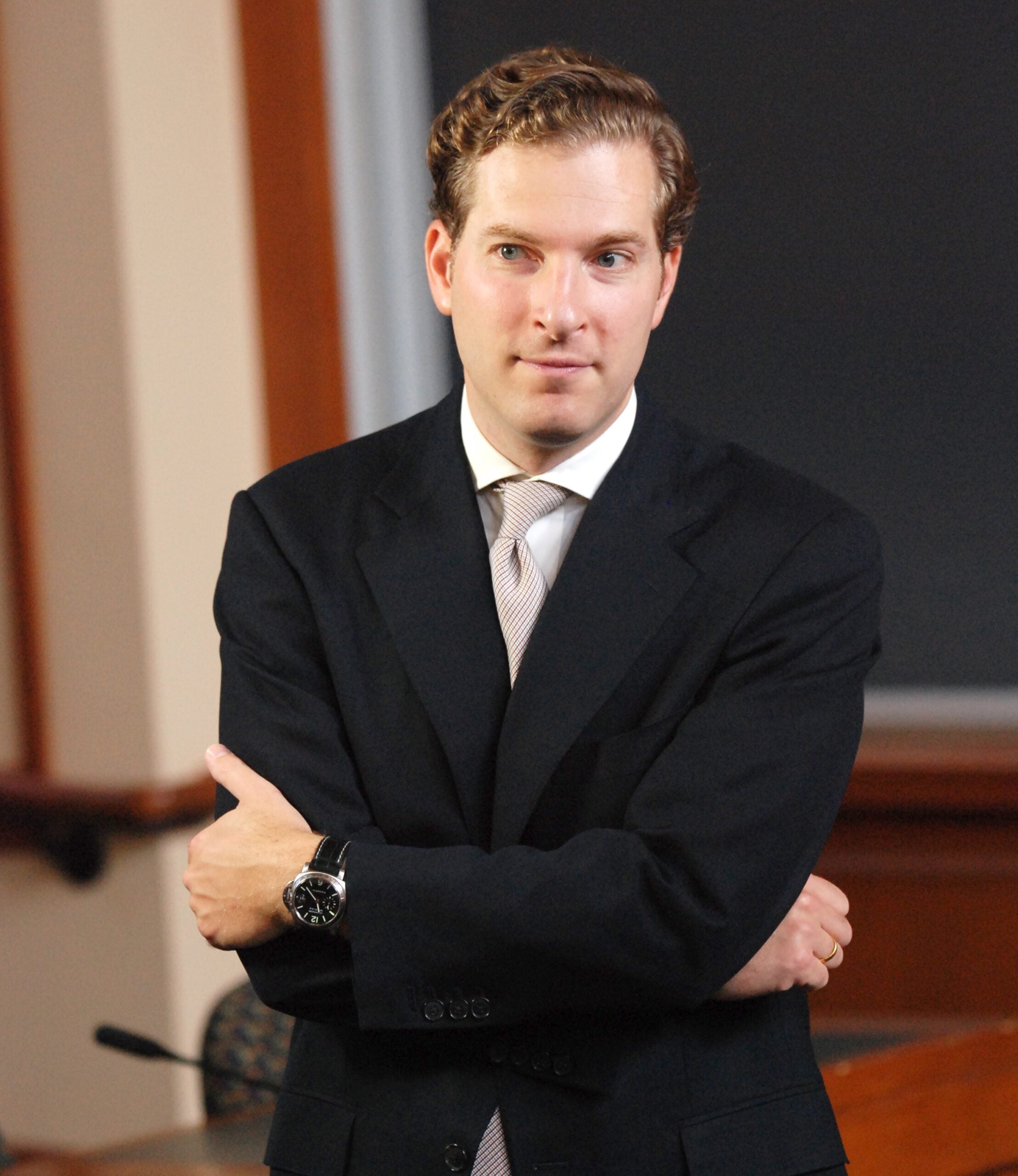The following op-ed piece, Indecisive Moments, written by Harvard Law School Professor Noah Feldman, was published in the New York Times Magazine on April 6, 2008.
Everyone loves an election — right? Americans’ parochial love of the hustings (whatever they are) has been evident in Iraq almost from the beginning, urged along by the drama of the raised purple fingers and the Bush administration’s recurring need to show tangible markers of progress. The latest electoral venture — provincial contests scheduled for the fall of 2008 — was recently approved by Iraq’s government under the usual American pressure.
Yet the consequences of Iraq’s elections have been decidedly mixed. They have helped legitimize Iraq’s government and have forced the U.S. to deal with leaders who have real domestic constituencies instead of with handpicked proxies. These nontrivial gains have come, however, at the cost of revealing the deep divisions in Iraqi society and call into question the very notion of a single Iraq with a self to be determined.
In fact, the main reason the U.S. has been pushing so hard for provincial elections is to repair the damage caused by the Sunnis’ poor showing in the elections of 2005. The theory is that more and better Sunni representation will help consolidate the security gains realized by the American counterinsurgency strategy, of which the troop surge is the most visible component. But fall may be too soon for these elections — not only because the hoped-for gains among Sunnis may not materialize but also because the elections are certain to worsen the Shiite disunity that is already spilling over into violence.
The most notable result of the surge (and perhaps also of the background threat of U.S. withdrawal) has been the willingness of a range of Sunnis to align with the U.S. and the Iraqi government, fighting al Qaeda in Mesopotamia and other extremist groups. Known by such names as Sunni Awakening, Salvation Council or Concerned Local Citizens, these disparate groups are very far from being a unified national movement. Many, though not all, are associated with tribal leaders, pragmatic rather than ideological in orientation, and focused above all on assuring their members’ security and getting a share of the patronage offered by the United States and the Iraqi government.
Continue reading “Indecisive moments.”
Noah Feldman, a contributing writer for the magazine, is a law professor at Harvard University and an adjunct senior fellow at the Council on Foreign Relations.
